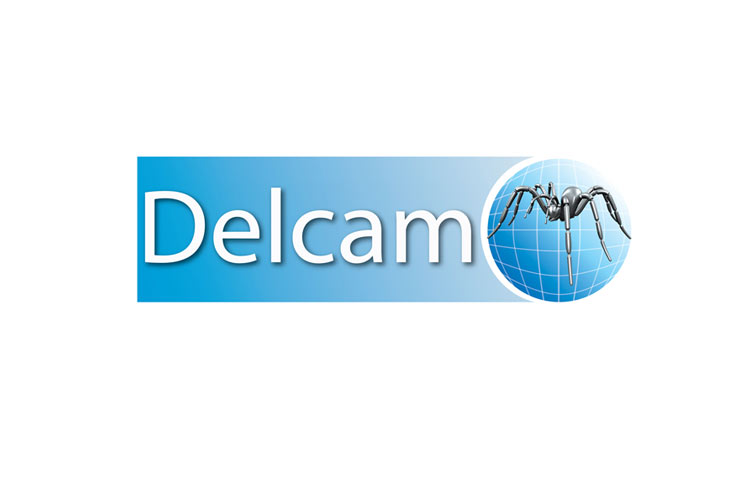Delcam has launched the 2014 R2 release of its DentMILL software for the milling of dental implant restorations. The new version provides a new mechanism for receiving parts from Delcam’s OrderManager system, more control when using multi-holder fixtures and new options for non-uniform scaling of items. Smaller enhancements include improved library management and easier set-up for 3+2 machining.
DentMILL is an open dental CAM solution, which can mill all types of restoration, including crowns, bridges and implants, from all major dental CAD systems on the market. It is based on Delcam’s award-winning PowerMILL software for high-speed and five-axis machining, and includes advanced strategies to mill restorations in any material from PMMA to titanium.
DentMILL is linked to Delcam’s OrderManager workflow management software so that the new part library is updated automatically once a new order is received. OrderManager then manages the whole process from the initial order through to manufacturing and final dispatch. At all stages users can maintain a ‘real-time’ view of the centre’s total order status. The improvements in the 2014 R2 release provide a quicker, slicker and more intelligent mechanism for transferring new restorations into DentMILL from OrderManager thus making the whole process more efficient and saving time.
Multi-holder fixtures allow individual restorations to be machined from discrete blocks of material, rather than machining multiple items from a single block. DentMILL 2014 R2 gives users more control when using this type of fixture. For example, if similar types of restoration are being produced in all the positions, the same set of strategies can be applied to the complete group. Alternatively, individual machining approaches can be used to calculate the toolpaths if each item is of a different type.
In addition, the machining sequence can be set up so that all operations with a particular tool across the various items can be completed in sequence before moving to the next cutter so reducing tooling changes. If preferred, each restoration can be machined completely before moving to the next item.
DentMILL has always offered an option to scale models to compensate for shrinkage of materials during the sintering process. This option has been made more powerful with the ability to undertake non-uniform 3D scaling, allowing more accurate scaling to give better-fitting restorations.
Data import has also been enhanced to improve the import of models from many different open and closed systems, an important area for an open system like DentMILL. In particular, more variants of 3Shape parts can now be read into the software.


